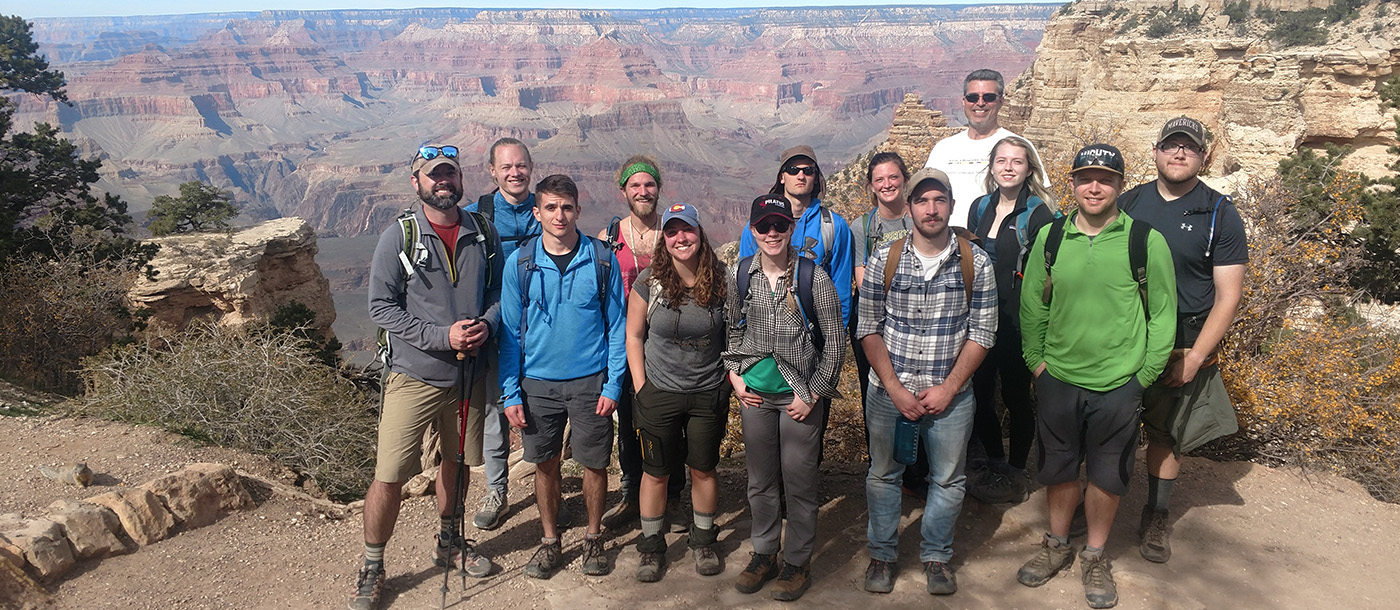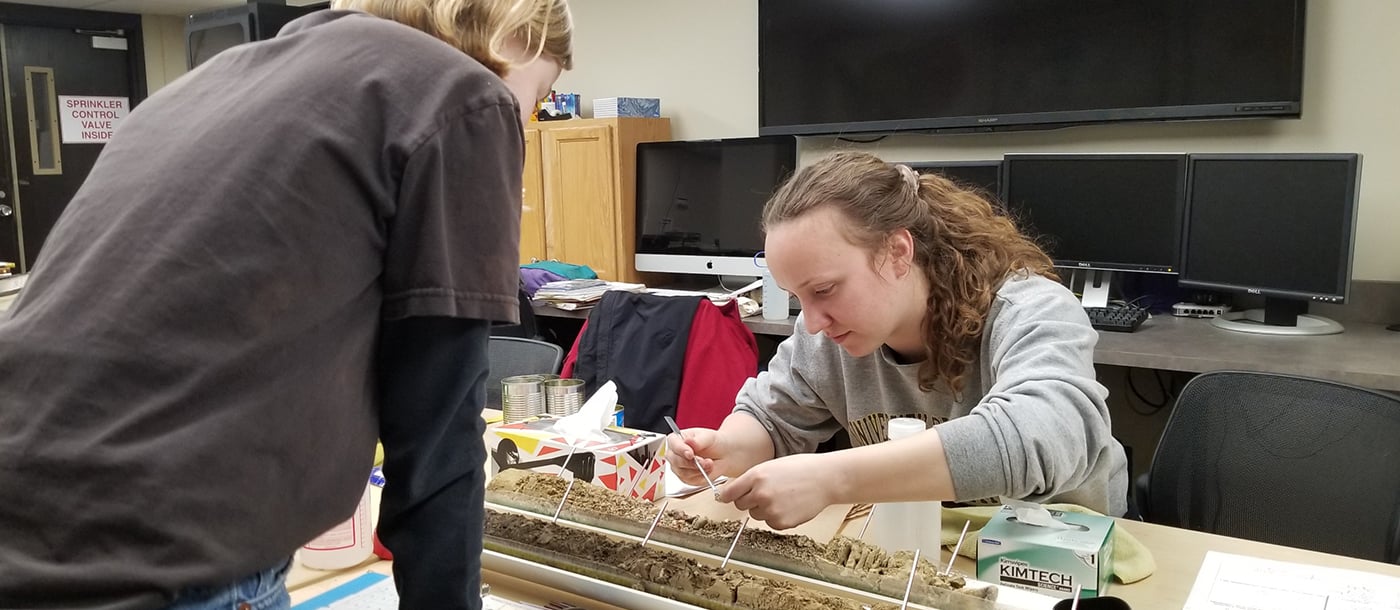

Undergraduate Programs
College of Humanities and Social Sciences|Academic Programs|Geography



College of Humanities and Social Sciences|Academic Programs|Geography
Geography studies the interactions between people and our environment, and it uses cutting-edge geospatial technologies to solve real-world problems. Geospatial technologies provide students with skills in high demand in the workforce. The BA provides the opportunity to learn a foreign language.
Geography studies the interactions between people and our environment, and it uses cutting-edge geospatial technologies to solve real-world problems. Geospatial technologies provide students with skills in high demand in the workforce.
Geography studies the interactions between people and our environment, and it uses cutting-edge geospatial technologies. The minor provides a geographical foundation at the general education level but allows great flexibility in the upper division and is an excellent addition to nearly every major.
Geospatial Science utilizes digital technologies such as Geographic Information Systems, remote sensing, and Global Positioning Systems to solve geographic problems related to environmental analysis, land use change, urban planning, transportation modeling, geospatial intelligence, and logistics.
Geospatial technologies are in very high demand. Geographic Information Systems (GIS), Remote Sensing and GPS form the core of GISc. The certificate provides in-depth training allowing students to create solutions to real-world problems involving people and environment.
Earth Science B.S. is focused on training students in Earth Systems Science. Students will learn about Earth’s interconnected physical systems/processes and issues in human-environment interactions like soil degradation, natural hazards, climate change, and natural resource management.
Earth Science Teaching (5-12) provides students with the background knowledge and training to acquire teaching licensure in the state of Minnesota in Earth and Space Science.